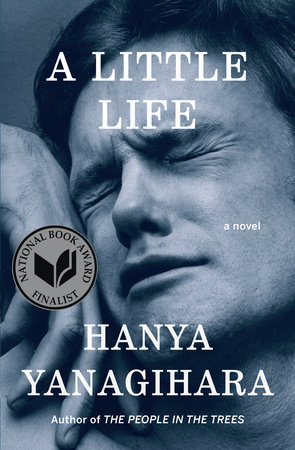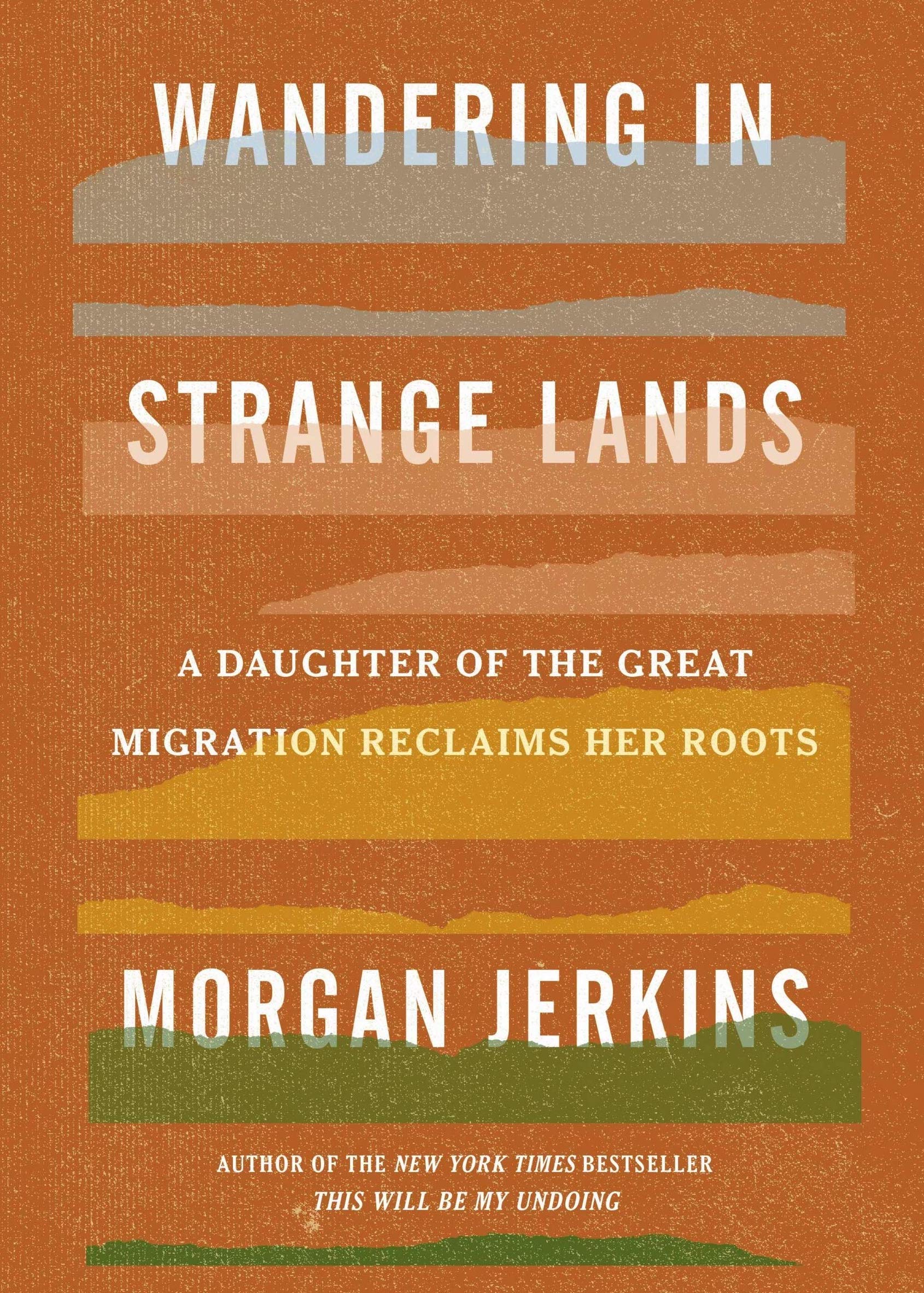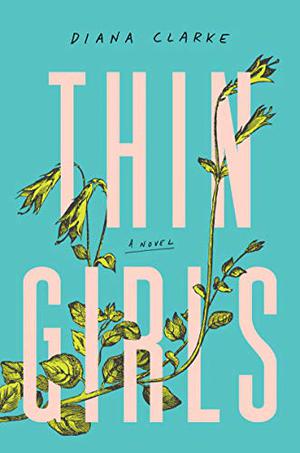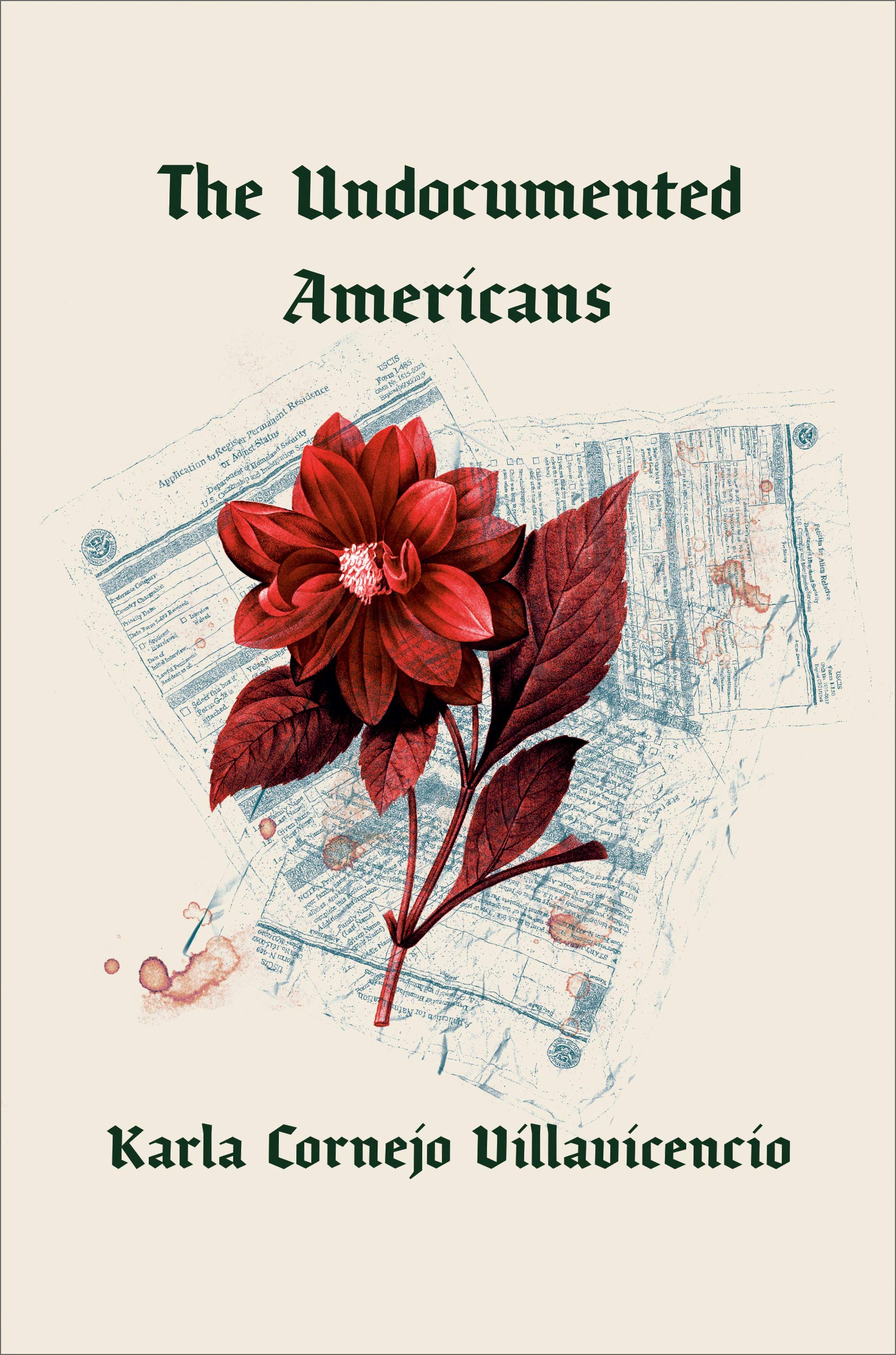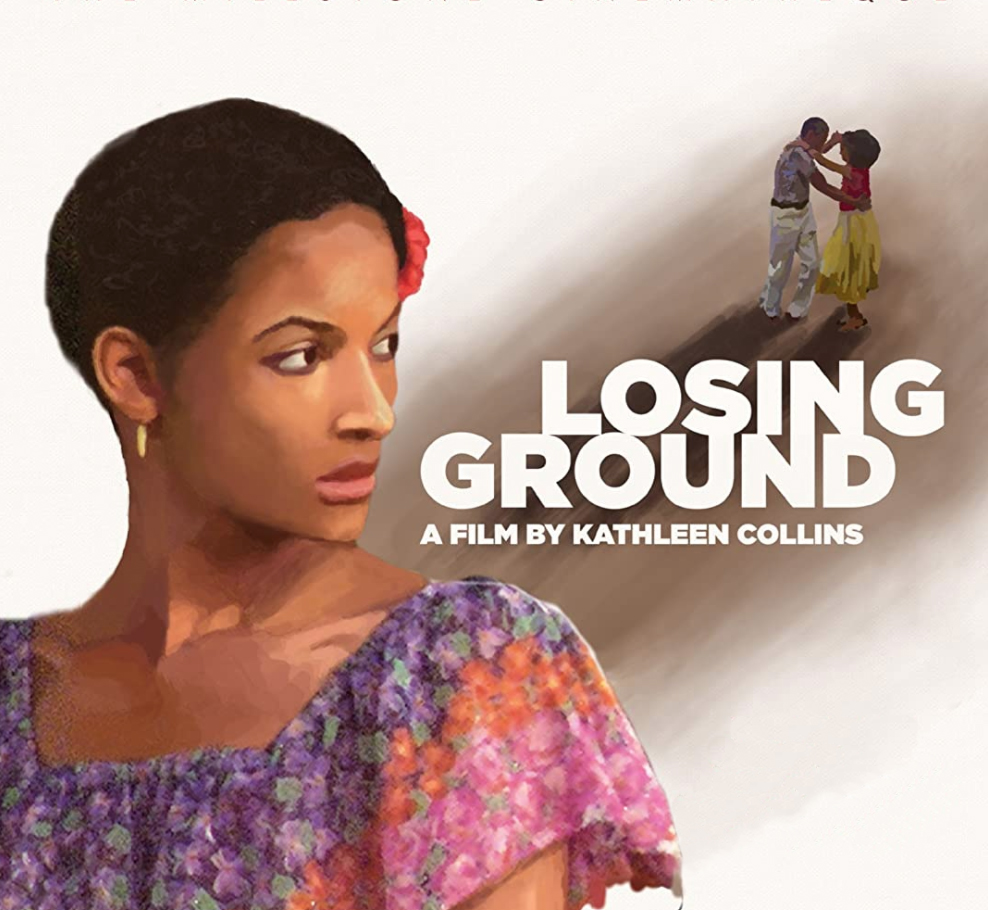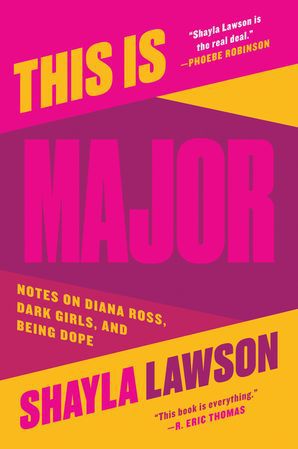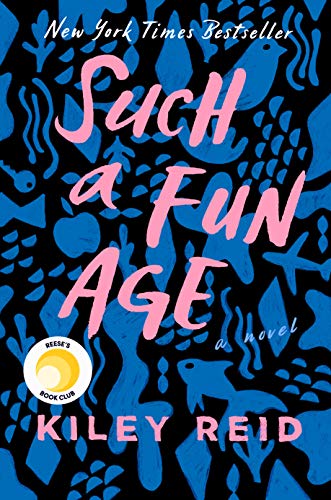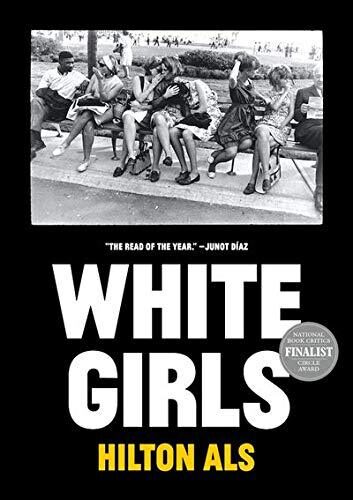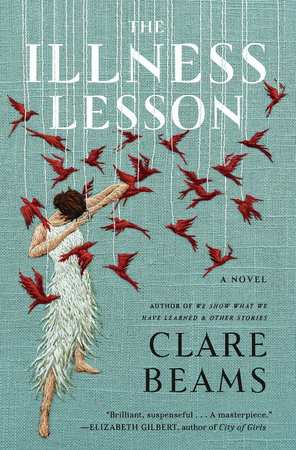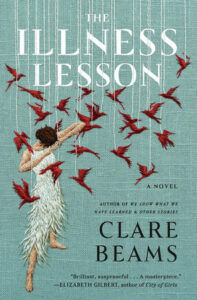Curated by ISABEL MEYERS
Here at The Common, we’re gearing up to celebrate our 10th anniversary with the release of our fall issue. In this installment of Friday Reads, we’re hearing from some of our Issue 20 contributors on the books they’ve been enjoying. Keep reading for their recommendations—from a Portuguese classic to a reflection on male friendship in New York City—and don’t forget to pre-order your copy of Issue 20 today.
Recommendations: Time of the Doves by Mercè Rodoreda; A Little Life by Hanya Yanagihara; The Book of Disquiet by Fernando Pessoa
